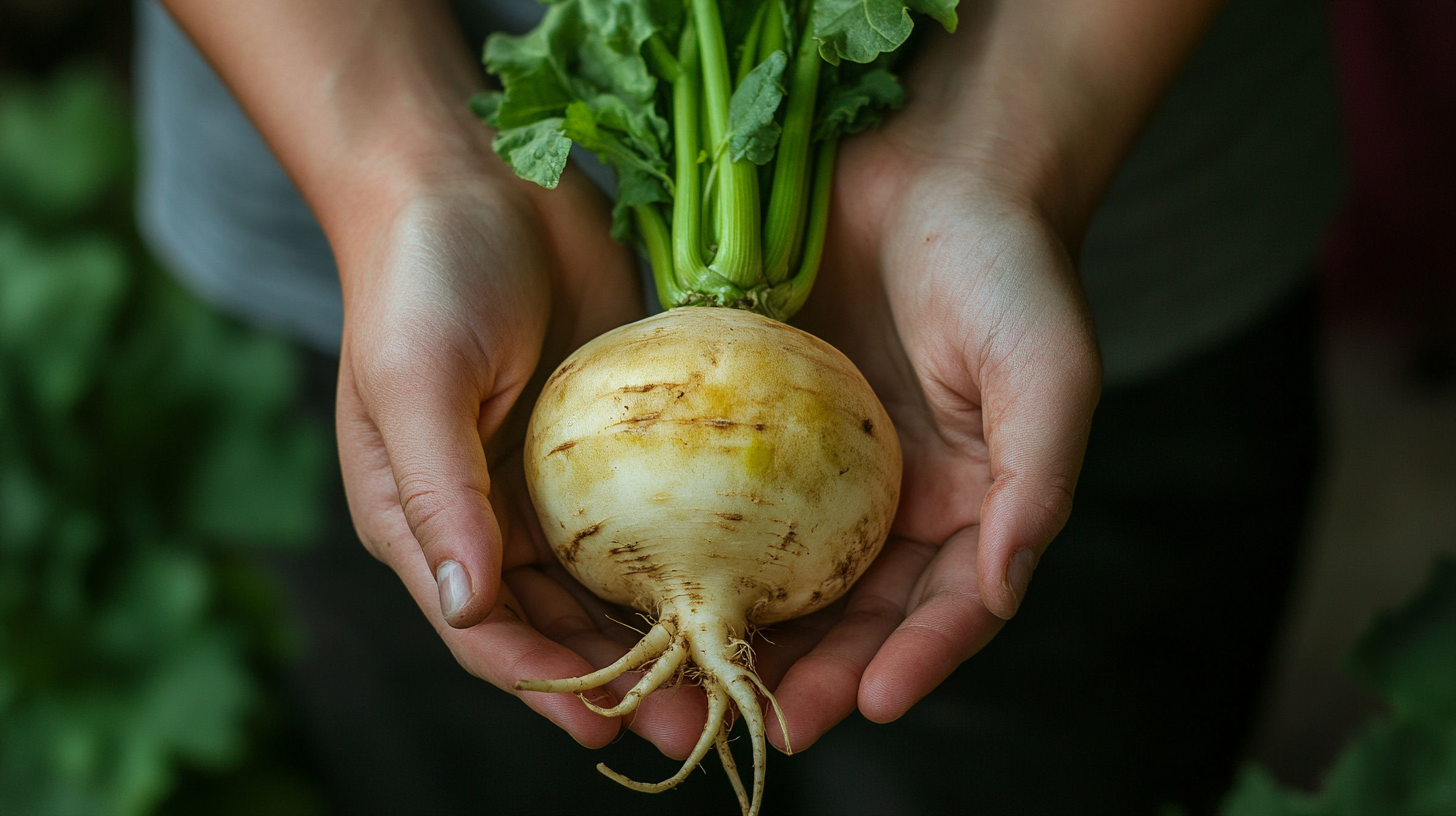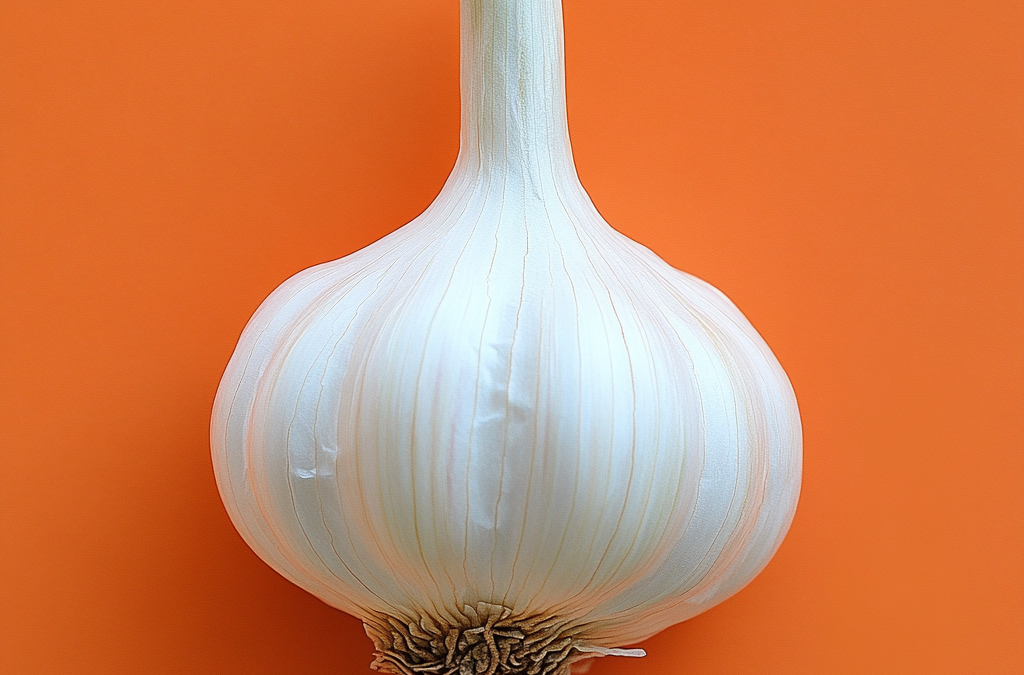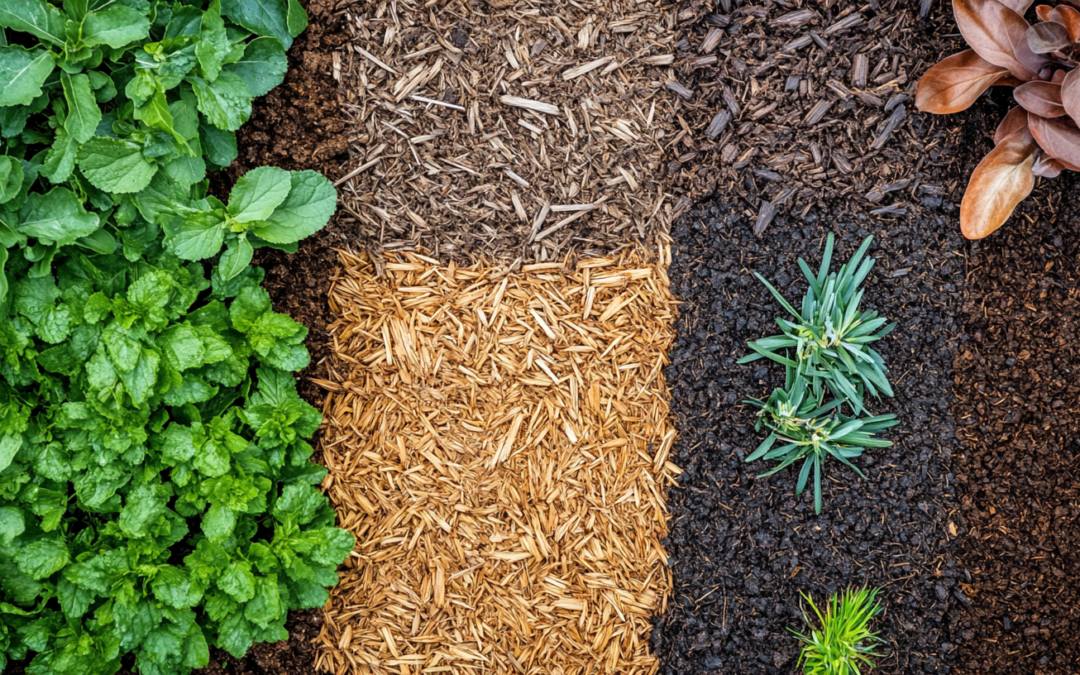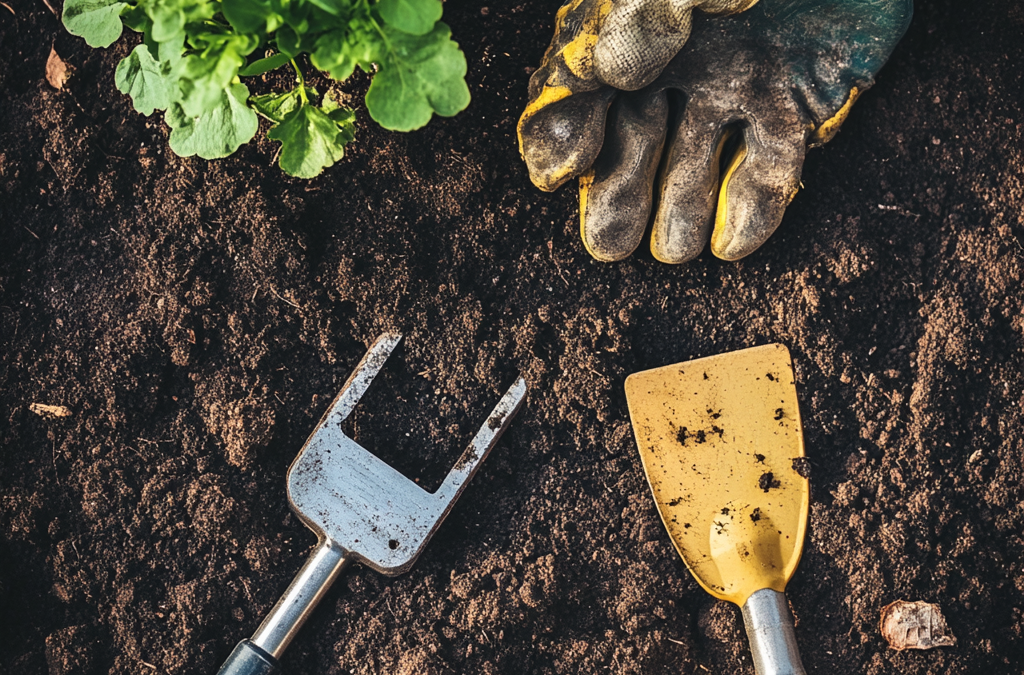Imagine stepping into your backyard and picking fresh, organic vegetables for dinner. Growing your own food is not only rewarding but also a step toward a more sustainable lifestyle. Whether you have a large yard or just a small balcony, starting a veggie garden is easier than you think. Here’s how to get started:
1. Choose the Right Location
The success of your garden depends on sunlight. Most vegetables need 6-8 hours of direct sunlight daily. Choose a spot with good drainage and easy access to water.
2. Start Small
For beginners, it’s best to start small. Focus on a few easy-to-grow veggies like:
- Lettuce and Spinach (quick-growing and great for salads)
- Tomatoes (a garden favorite!)
- Zucchini (high yield with minimal effort)
- Herbs like basil, parsley, and cilantro (perfect for small spaces).
3. Pick Sustainable Gardening Methods
- Composting: Turn kitchen scraps and yard waste into nutrient-rich compost for your garden.
- Crop Rotation: Avoid planting the same crops in the same spot every year to prevent soil depletion.
- Companion Planting: Pair plants that help each other grow, like tomatoes and basil or carrots and onions.
4. Use Organic Seeds and Soil
Choose organic, non-GMO seeds to avoid harmful chemicals. Invest in high-quality soil or enrich your garden bed with compost for a healthy start.
5. Water Wisely
Overwatering is a common mistake. Water deeply but less frequently to encourage strong root growth. Consider using a rain barrel to collect water and reduce waste.
6. Protect Your Plants Naturally
Deter pests without chemicals by:
- Using natural pest repellents like neem oil.
- Planting marigolds to repel insects.
- Encouraging beneficial insects like ladybugs and bees.
7. Harvest and Enjoy
Once your vegetables are ripe, pick them regularly to encourage more growth. There’s nothing quite like enjoying food you’ve grown yourself—it’s fresher, tastier, and healthier!
Starting a sustainable veggie garden is a simple way to reduce your environmental footprint, save money, and enjoy fresh produce. Even if you’re a beginner, following these tips will set you up for success. What will you plant first? Share your garden goals in the comments below! 🌱



